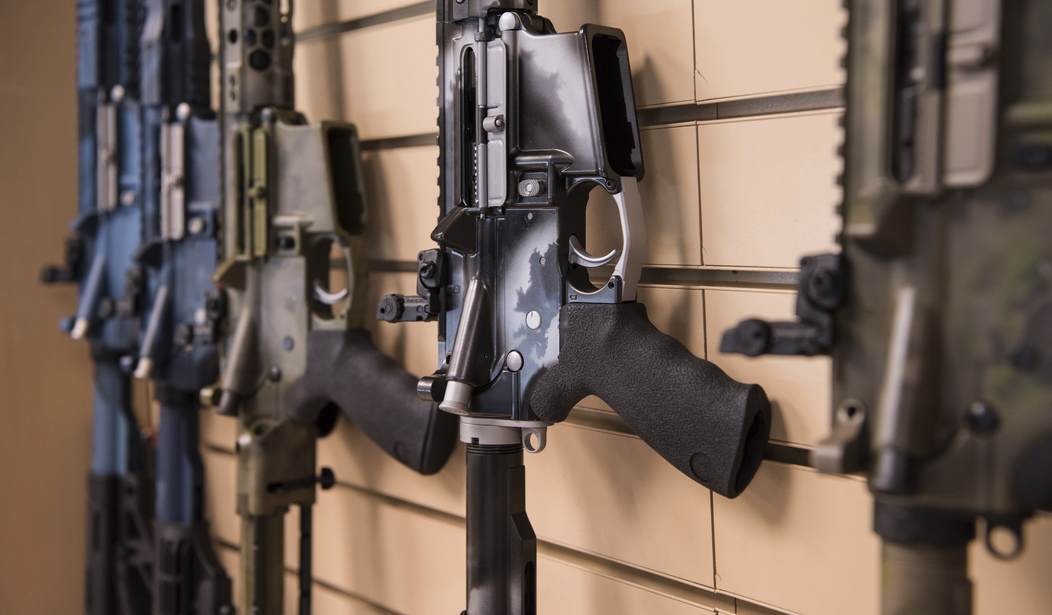The state of Maryland is one of a number of states with some variation of an assault weapon ban. Now, we can argue about the term “assault weapon” all we want, but we also all know what these laws are actually called versus what they’re referring to.
Yet Maryland’s law is possibly facing a Supreme Court challenge.
Over at the National Review, Cody Wisniewski talks about why they should.
In the decade-plus since the Supreme Court decided D.C. v. Heller, in which the Court vindicated our Constitution’s protection of the individual right to keep and bear arms, many lower courts have tried desperately to avoid that decision’s clear meaning.
Perhaps the most extreme example of this avoidance is in the Fourth Circuit (the federal appellate court covering Maryland, North Carolina, South Carolina, Virginia, and West Virginia). There, our Founders’ and Framers’ respect for our natural rights gives way to gun-control ideology, demonizing so-called “assault weapons” and banning them as “weapons of war.”
In an affront to the people’s self-defense rights, the Fourth Circuit claims to apply the Supreme Court’s Heller decision — as it is required to do — but it in reality twists its meaning beyond recognition to uphold activist policies.
With the case of Bianchi v. Frosh, the Supreme Court has an opportunity to end this abuse. Three Maryland residents have sued the state’s attorney general, challenging the denial of all Marylanders’ Second Amendment–protected right to own the common and popular arms prohibited by the Old Line State. That prohibition has been upheld by the Fourth Circuit, based on its grave misreading of Heller.
See, it seems the Fourth Circuit, in a previous assault weapon ban case in 2017, took part of Heller grossly out of context.
The Heller passage in question was essentially a sidebar discussion: explaining why, in the Court’s view, certain weapons (such as fully automatic M16 machine guns) could be restricted, despite their usefulness in war and the Second Amendment’s reference to military service.
The passage does not establish criteria for what sort of weapons, if any, can be restricted. And while it uses the phrase, with a different meaning, it certainly does not say that weapons can be banned simply because they are “most useful in military service.” But that is how the Fourth Circuit “interpreted” the Heller decision.
Putting a case like this before the Supreme Court would help to rectify this…I can’t call it a misunderstanding, because I don’t believe this is. Instead, I see it as an intentional twisting of one particular part of Heller in order to reach the conclusion they wanted.
Plus, frankly, my AR-15 isn’t “most useful in military service.” That’s just somewhere else it might come in handy.
But when you’re an anti-Second Amendment zealot sitting on a federal court, do you really think that matters?
Instead, they’ll continue to push this insane reading of Heller not just in hopes of upholding an illegal gun control law but also to guide other anti-Second Amendment judges to use the same argument to uphold others.
The only way to fix this is for a new case before the Supreme Court, one that takes Maryland’s law into account and smacks it down. Hard.
With a bit of luck, that may actually happen.








Join the conversation as a VIP Member